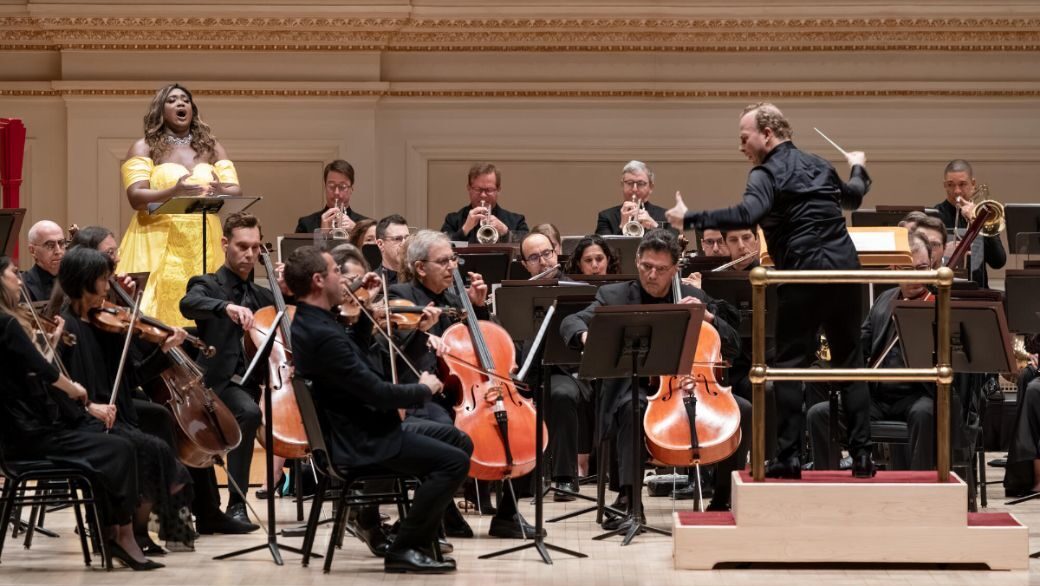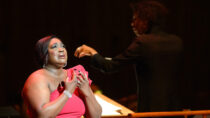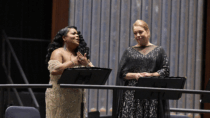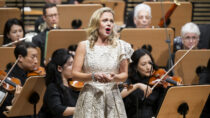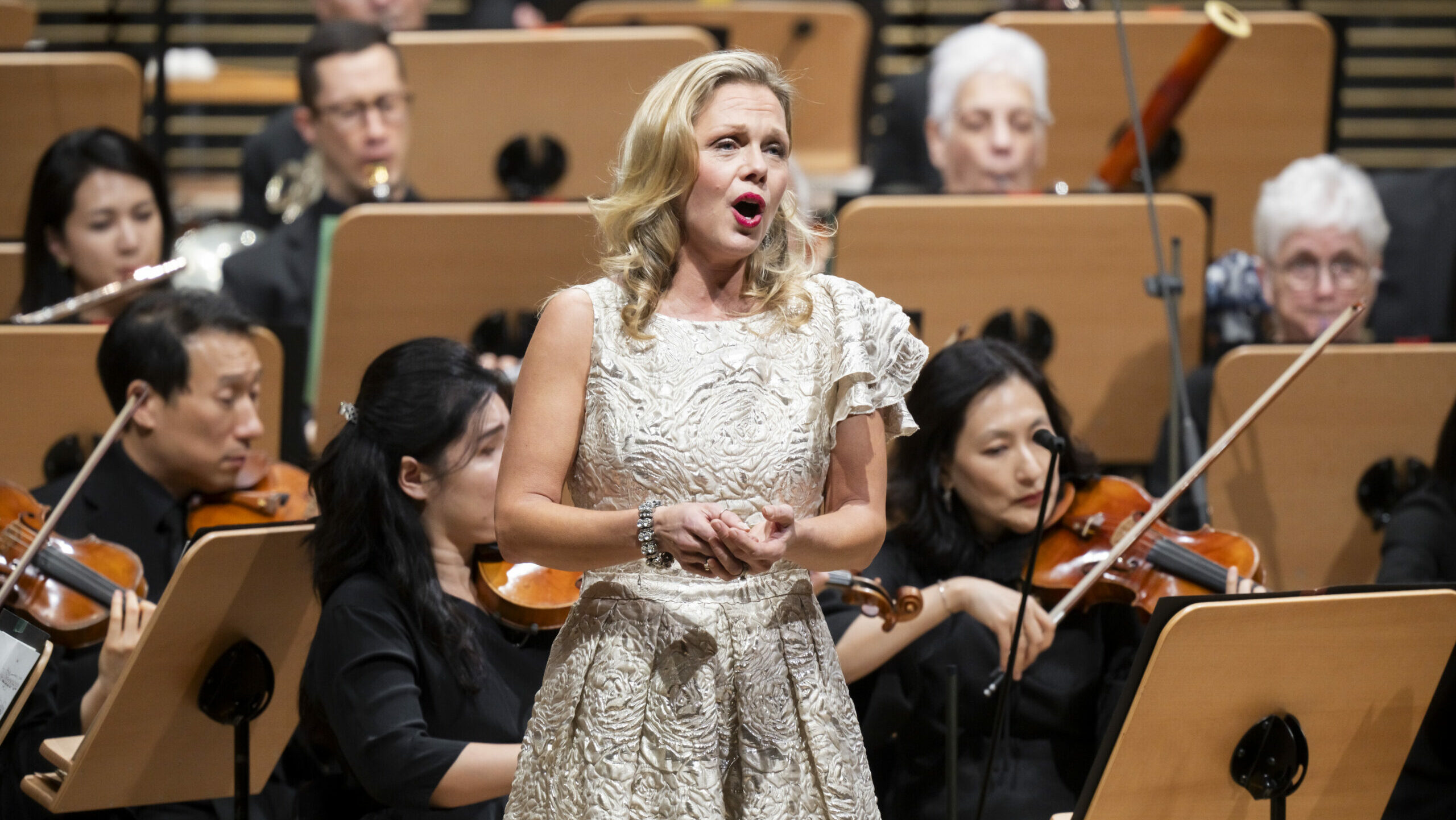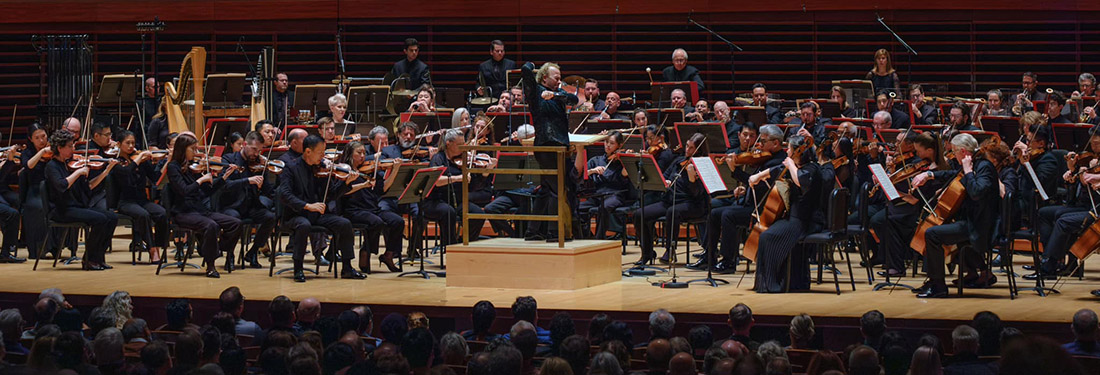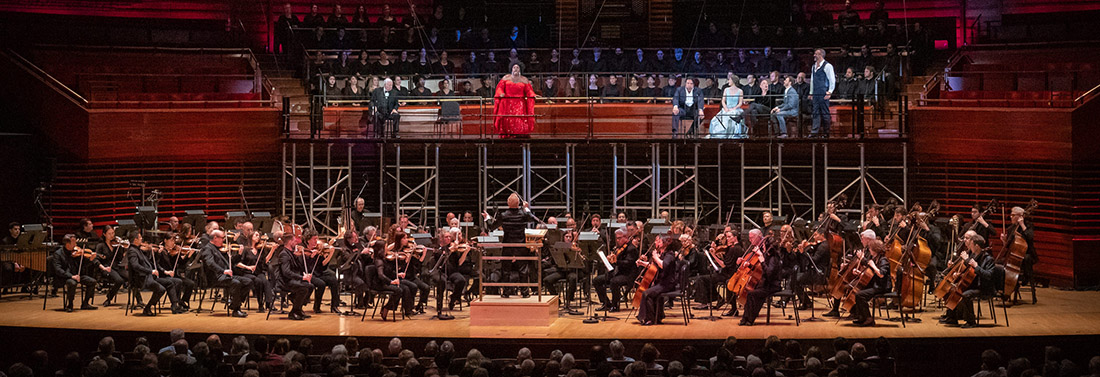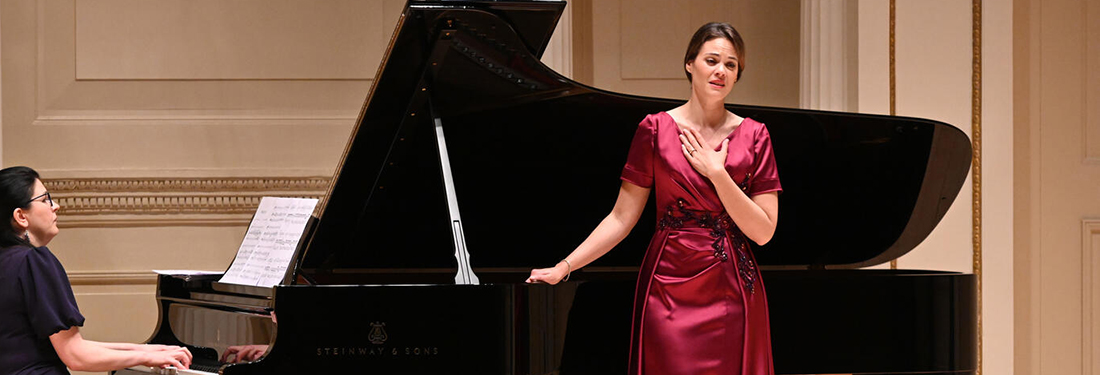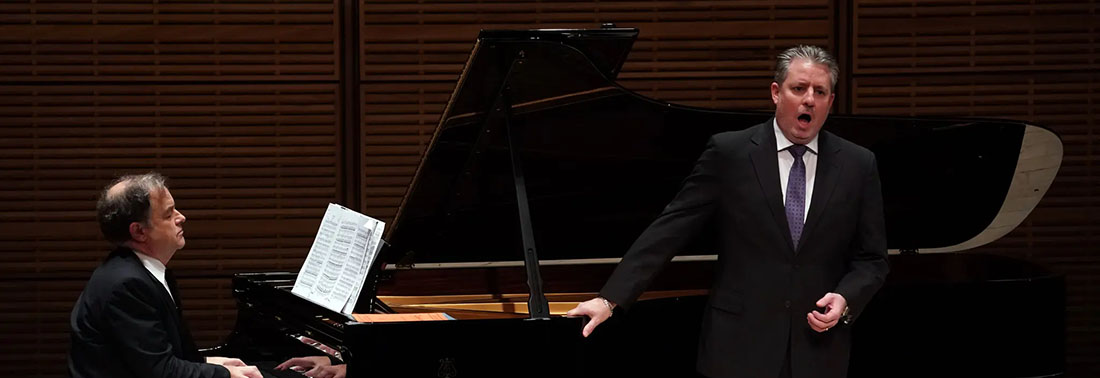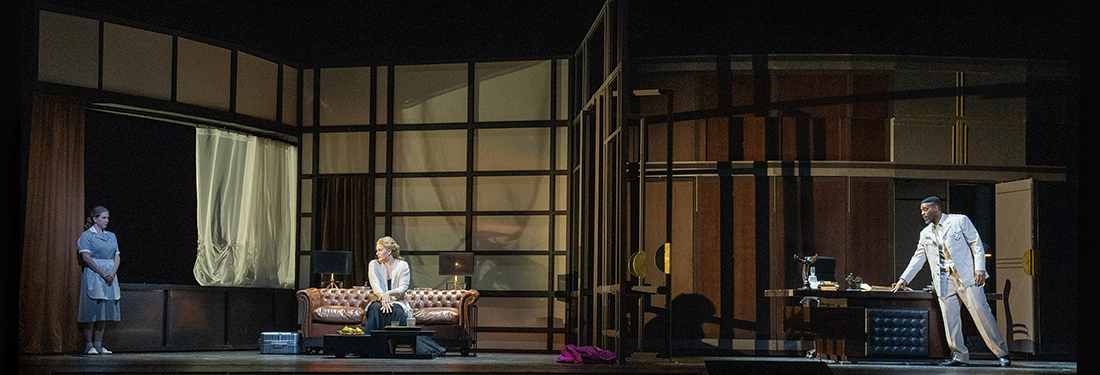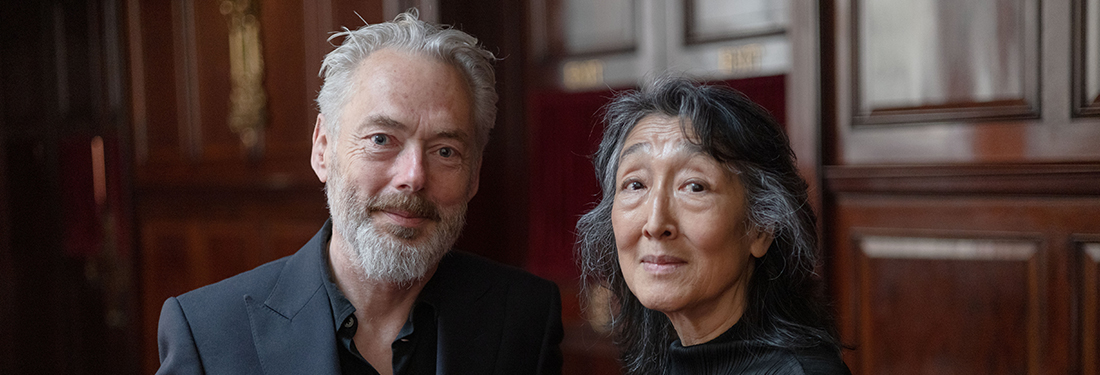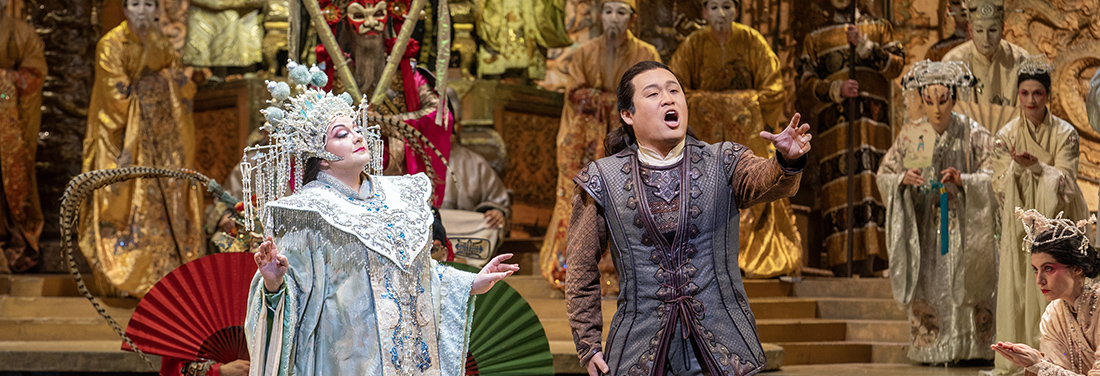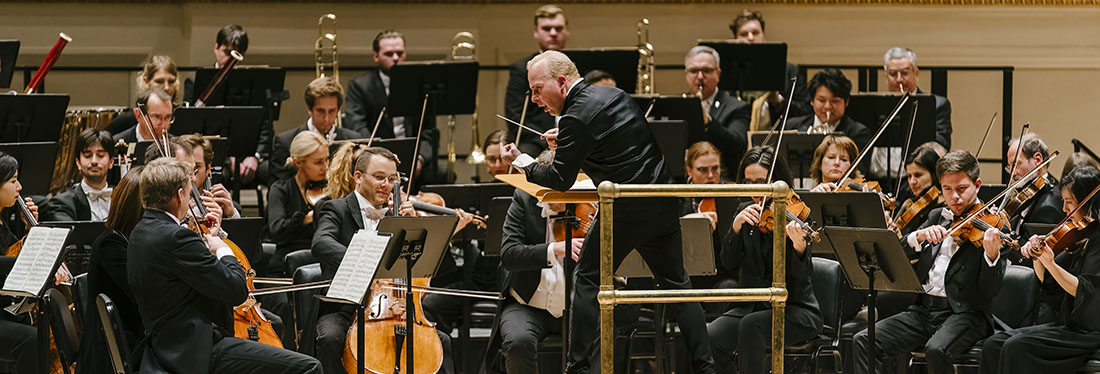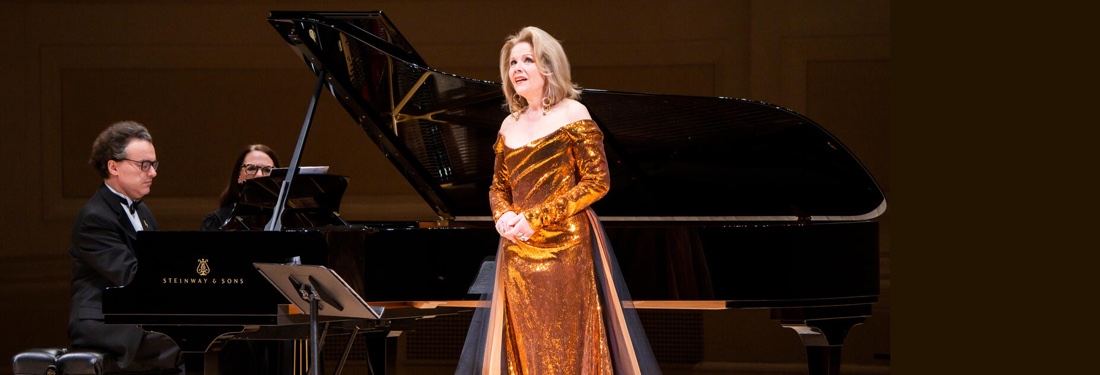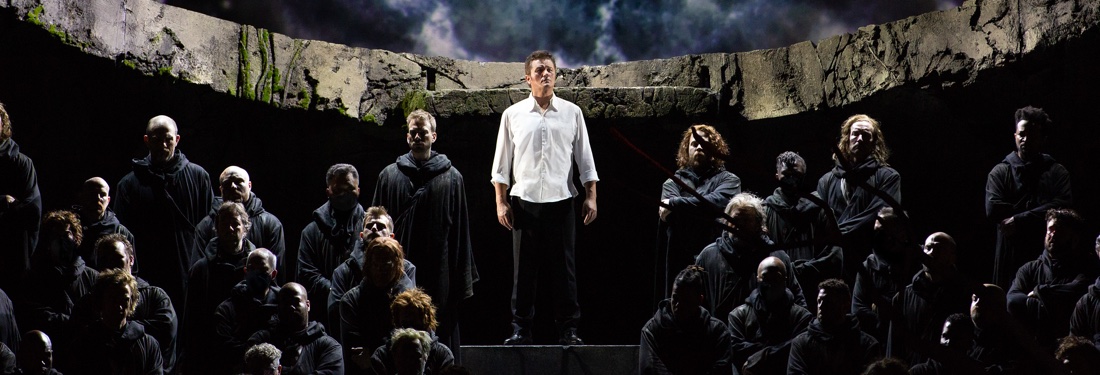
Cameron Kelsall
Iván Fischer‘s Mahler 3 with the Budapest Festival Orchestra at Carnegie Hall is memorable but crude, sometimes exhilarating and often tedious.
Matthew Polenzani charms the pants off of Philadelphia.
Matthias Goerne‘s Die schöne Müllerin at Carnegie Hall offers a hoary and excessive collection of mannerisms and vocal tics that served the artist more than the music itself.
The Met Orchestra under Yannick Nézet-Séguin surges into summer with a mixed program at Carnegie Hall
A starry concert Aïda in Baltimore proves unusually polished
Cameron Kelsall reports on a transcendent Jenufa from the Cleveland Orchestra
The New York Philharmonic podium has been occupied the past two weeks by Finnish conductors once thought to be top contenders for the ensemble’s music directorship.
Maximalism was on the menu last weekend at the Philadelphia Orchestra.
Opera took center stage on the final weekend of the Philadelphia Orchestra season.
Swiss soprano Regula Mühlemann made her New York recital debut at Weill Hall on May 8.
Matthew Polenzani returned triumphantly to his comfort zone in a Philadelphia Chamber Music Society recital on April 2.
La forza del destino concluded its run at the Metropolitan Opera with a significant cast change.
The tragic speaker of Schubert’s Winterreise makes his fateful journey but once, yet some singers cannot help trodding the path again and again.
From a musical perspective, the evening came together admirably. As a work of theater, though, it was as stale as last week’s takeout.
It seemed like such a great idea on paper.
Boston Symphony Orchestra recently confirmed an infinitely renewable contract upon Andris Nelsons, its music director since 2014. To understand why, one needed little more evidence than the outfit’s recent visit to Carnegie Hall.
When the Staatskapelle Berlin announced a two-night engagement at Carnegie Hall performing all four Brahms symphonies, I immediately made a note in my calendar to attend. I also wondered who would be the conductor when the announced Daniel Barenboim inevitably withdrew.
It took more than 25 years for Harmony, the passion project of singer-songwriter Barry Manilow, to reach Broadway, where it opened recently at the Ethel Barrymore Theatre.
When the New York Philharmonic announced Gustavo Dudamel as its next music director earlier this year, speculation arose immediately as to who would take his place out West when he leaves the Los Angeles Philharmonic in 2026.
In Handel’s Rodelinda, a usurped monarch, believed dead, returns to avenge his deposition and reclaim the woman he loves.
Renée Fleming arrived at Carnegie Hall on May 31 with something to prove.
This Holländer offers neither a clear narrative vision for the work nor a sense of turbocharged drama; it simply sits on the Met’s cavernous stage as a dull gray mass.
How do you remember Oscar Levant?
Here’s an update for those keeping up with the Lohengrin casting sweepstakes at the Met.
Tell us: What was the best of 2025?
Parterre Box concludes the thrilling first year of Talk of the Town by inviting your lightning rod opinions on several more categories of operatic argumentation.
Parterre Box concludes the thrilling first year of Talk of the Town by inviting your lightning rod opinions on several more categories of operatic argumentation.
Sign up for our free Newsletter.
Support Parterre Box
Donate to keep opera's liveliest publication free and independent. No paywalls, no institutional backing, no bootlicking.
Get our free newsletter
Opera's top reads delivered to your email weekly…ish.
Join over 100k readers.
The best opera magazine on the web.
Reviews, breaking news, critical essays, and brainrot commentary on opera from those demented enough to love it.
Essentials
Copyright © 2026 Parterre Box.
All rights reserved.
Registration or use of this site constitutes acceptance of our Terms & Conditions and our Privacy Policy.







